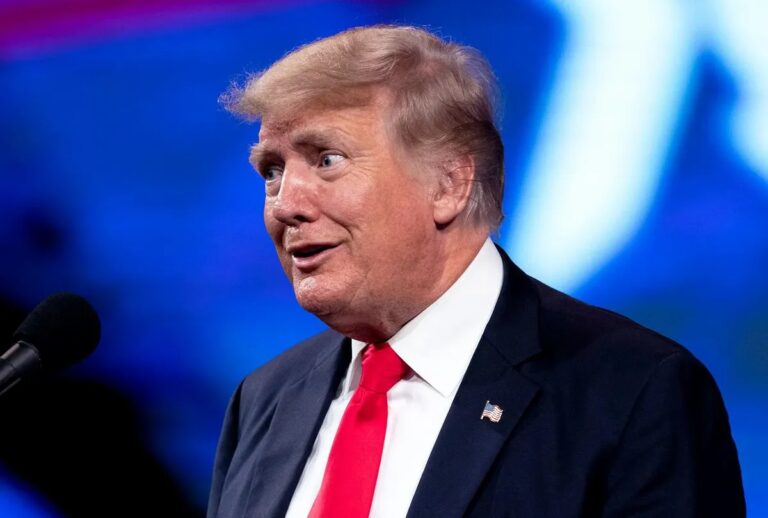International
Trump designates Nigeria as ‘Country of Particular Concern’ over Christian genocide allegations

President Donald Trump of the United States on Friday designated Nigeria as a Country of Particular Concern, CPC, in response to allegations of widespread persecution and genocide against Christians.
Writing on his Truth Social account, Trump stated that Christianity faces a serious threat in Nigeria.
The US leader also added Nigeria to a State Department watch list.
“Christianity is facing an existential threat in Nigeria. Thousands of Christians are being killed. Radical Islamists are responsible for this mass slaughter,” Trump wrote.
According to the US president, he was placing Nigeria, Africa’s top oil producer and most populous nation, on a “Countries of Particular Concern” list of nations the US deems to have engaged in religious freedom violations.
According to the State Department’s website, the list includes China, Myanmar, North Korea, Russia, and Pakistan, among others.
Trump said he had asked US Representatives Riley Moore and Tom Cole, as well as the House of Representatives Appropriations Committee, to look into the matter and report back to him.

















